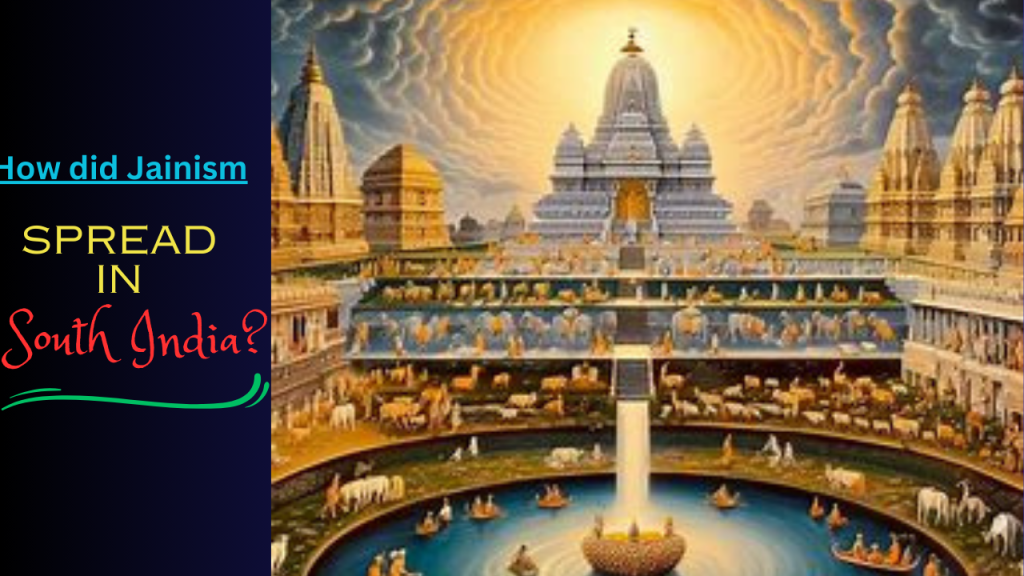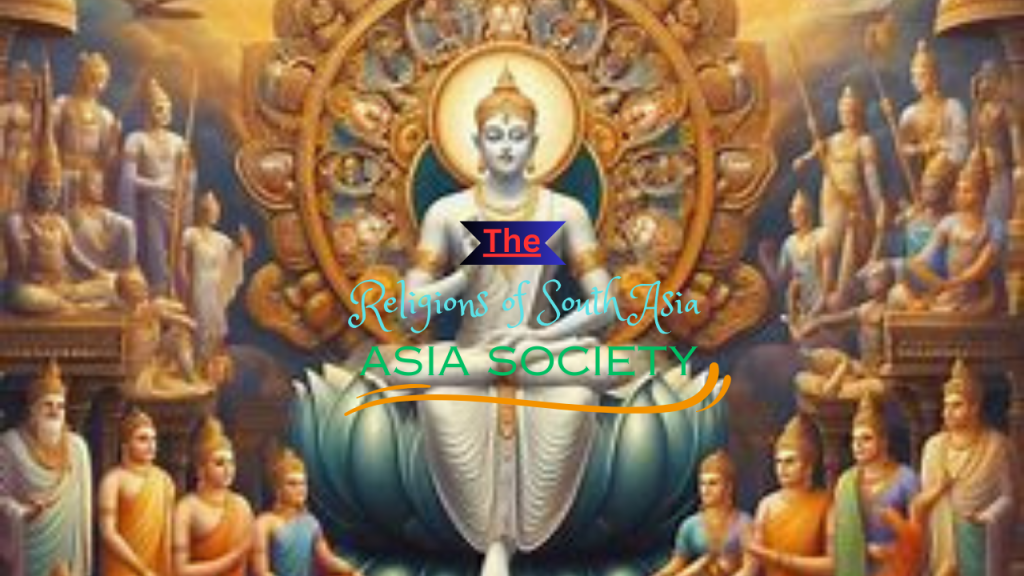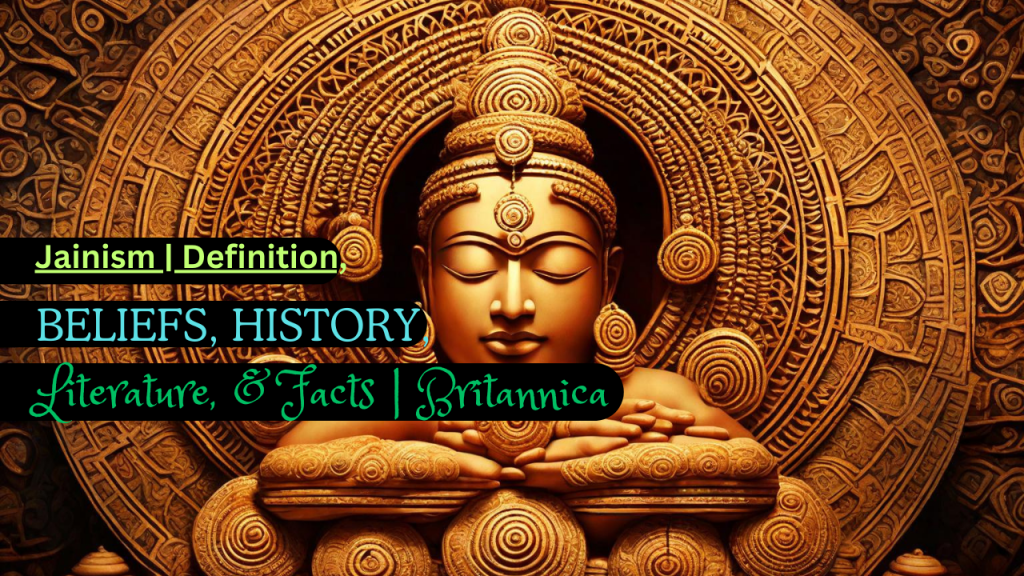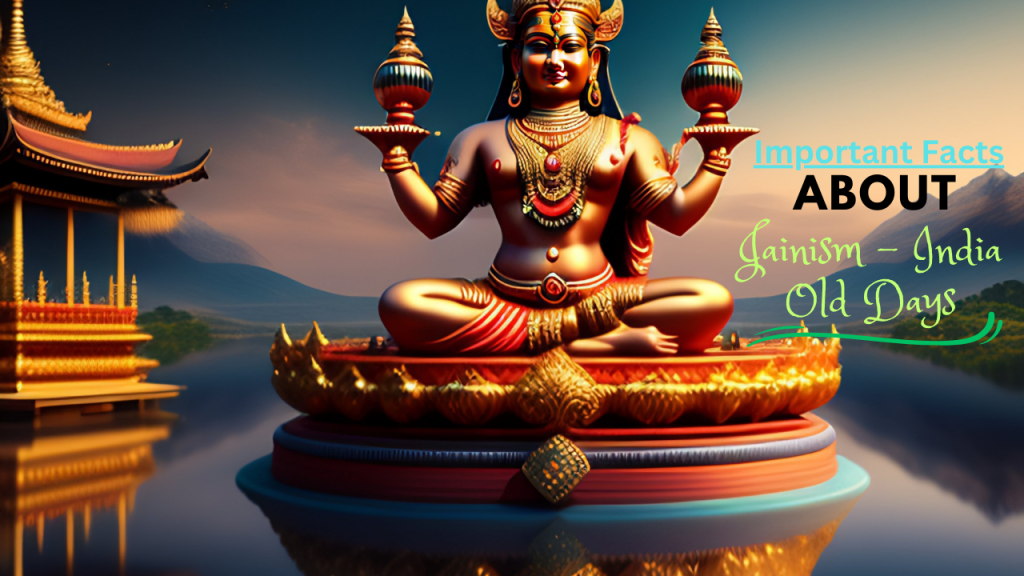Gojef Full Size Mattress, 10 Inch Memory Foam Mattress, Hybrid Mattress in a Box with Independent Spring, Soft and Comfortable Medium Firm Mattress, Pressure Relief, CertiPUR-US Certified
$179.99 (as of May 3, 2024 20:41 GMT +00:00 - More infoProduct prices and availability are accurate as of the date/time indicated and are subject to change. Any price and availability information displayed on [relevant Amazon Site(s), as applicable] at the time of purchase will apply to the purchase of this product.)The Profound Influence of Jainism on South Indian Culture
A Spiritual Legacy
South India, a region renowned for its diverse and vibrant culture, has been deeply influenced by a multitude of religions and philosophies throughout history. Among these, Jainism stands as a significant contributor to the cultural fabric of the region. In this article, we explore the profound influence of Jainism on South Indian culture, highlighting its impact on art, architecture, ethics, and way of life.
Jainism’s Arrival in South India

Jainism, an ancient Indian religion that emphasizes non-violence, truth, and asceticism, found its way to South India over two thousand years ago. The region welcomed Jainism with open arms, and its teachings resonated with the people’s spiritual and ethical inclinations.
Architectural Marvels: Jain Temples

Temples of Serenity
The influence of Jainism on South Indian culture is most evident in the architectural marvels of Jain temples. These temples are renowned for their exquisite design, intricate carvings, and emphasis on simplicity and serenity. The Gommateshwara Bahubali statue at Shravanabelagola and the Jain caves at Badami are iconic examples of South Indian Jain architecture.
The Remarkable Monolithic Statues
One of the most striking features of Jain architecture is the creation of colossal monolithic statues. The 18-meter tall statue of Lord Bahubali at Shravanabelagola is a magnificent representation of Jain artistry and devotion. It has become a symbol of non-violence and spiritual awakening, attracting pilgrims and tourists from all over the world.
Ethical Foundations

Non-Violence (Ahimsa)
Jainism’s core principle of non-violence, or “ahimsa,” has had a profound impact on South Indian culture. Ahimsa is not limited to refraining from physical harm but also encompasses mental and emotional non-violence. This principle has influenced the region’s dietary habits, with a significant portion of the population adhering to vegetarianism.
Compassion and Charity
Jainism’s emphasis on compassion and charity has played a vital role in shaping South Indian culture. Acts of kindness, benevolence, and philanthropy are highly regarded values in the region, reflecting the Jain ethical framework of helping those in need.
Language and Literature

The Jain Influence on Tamil Literature
Jainism made substantial contributions to Tamil literature, with many Jain texts being written in the Tamil language. These texts explored themes of morality, ethics, and spirituality, leaving an indelible mark on the literary tradition of South India.
Festivals and Rituals

Mahavir Jayanti
Mahavir Jayanti, the birth anniversary of Lord Mahavira, is a significant Jain festival celebrated with great enthusiasm in South India. The festivities include processions, prayers, and cultural events, bringing the Jain community and the broader population together in celebration.
In conclusion, the influence of Jainism on South Indian culture is both profound and enduring. From its impact on architecture and ethical principles to its contributions to literature and the celebration of festivals, Jainism has left an indelible mark on the cultural tapestry of South India. Its teachings of non-violence, truth, and spirituality continue to resonate with the people, making Jainism an integral part of the region’s identity and heritage.




